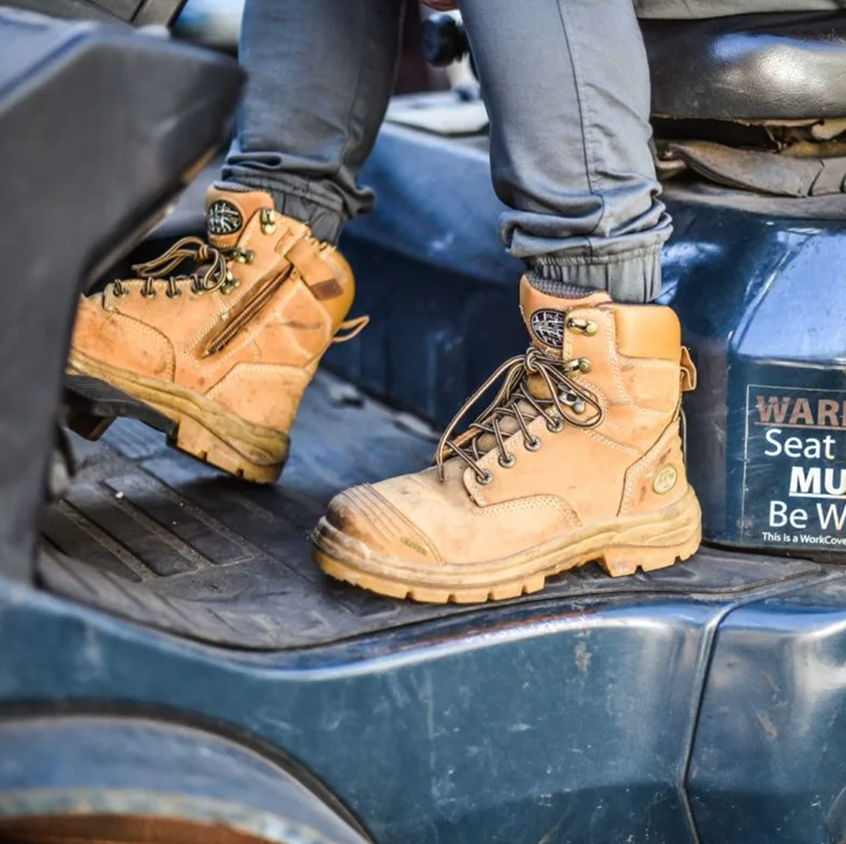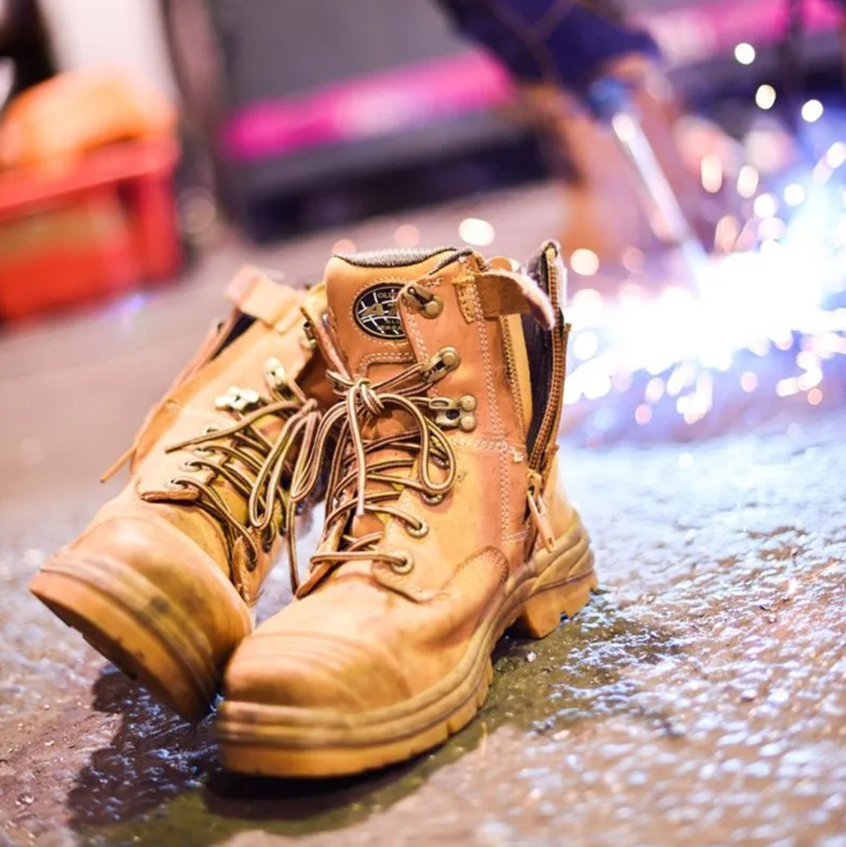
Built for the Job, Made to Last: Oliver Work Boots You Can Count On
When you’re putting in eight, ten, or twelve hours a day on your feet, your boots are no longer shoes–they’re tools for work. In demanding work environments, the importance of reliable shoes cannot be overstated. Oliver work boots have been keeping Aussie workers safe for decades, and there’s a reason tradies, miners, and factory workers keep coming back to this brand.
Why You Can Trust Oliver Boots
Work boots are an investment, and you want to know your money is spent on something that will indeed last. Oliver has been manufacturing safety footwear in Australia for nearly 90 years, so they’ve had a lot of time to figure out what works and what doesn’t. These aren’t boots an office worker came up with, as they are made with input from real people who wear them in real work situations. The heavy-duty Oliver’s work boots comply with New Zealand and Australian safety standards (AS/NZS 2210.3), which is exactly what you want when you’re working around heavy machinery, near electrical hazard zones, or on slippery ground. They protect from harsh chemicals, extreme temperatures, and punctures.
What really sets Oliver safety footwear apart is the construction and focus on foot care. They work with podiatrists and biomechanical experts to create boots that not only protect your toes but also support your entire body. Because let’s be real, if your feet are killing you by lunchtime, you’re going to be ineffective, and you sure aren’t going to be happy.

Features That Actually Matter
Oliver boots come with features that translate to a real impact on the job site. To start with, the safety toe caps—you can get steel or composite, depending on your needs. Steel is traditional and tough, while composite is lighter and doesn’t conduct heat or cold (giant bonus if you’re operating in extreme weather).
The soles are where Oliver really shines. They use heat-resistant, slip-resistant rubber outsoles that can handle everything from oil spills to wet concrete. A number of models feature their proprietary FlexiGrip sole technology, which gives you serious traction without sacrificing flexibility.
Comfort features may include cushioned footbeds (often removable in case you need orthotics), moisture-wicking linings to keep you dry, and spacious toe boxes that will not squeeze your toes. Some models include electrical hazard protection, metatarsal guards, and ankle support for extra stability.
The leather quality is another bonus. Oliver uses full-grain leather that is water-resistant and thick enough to withstand abrasion from concrete, metal, and whatever else you’re dealing with on a daily basis. These boots will take the beating and not quit.
The Range: Something for Everyone
Oliver’s range is very extensive, covering everything from light lace-ups to heavy mining boots. Their All Terrain line (AT line) is enormously popular with construction workers. They are tough, do-it-all boots that can handle most building sites with ease. The 55 Series and 45 Series are top models for industrial use, with various levels of protection and comfort to choose from.
For heavy-duty protection, the mining range also offers choices like underground mine compliance, added ankle support, and heavy-duty construction. On the other hand, if you’re in a lighter trade or need something for occasional work, then browse the low-cut versions of safety shoes that won’t have you lumbering about feeling like you are wearing tanks.
They’ve also got zip-sided boots for those who can’t be bothered with laces, and pull-on styles for easy on-and-off. Seasonal variations exist too, with warmer-lined versions for cold weather and breathable models for hot weather.
Choosing the Right Pair for You
Selecting the right Oliver’s work boots is just a matter of recognising what your specific work environment demands. Start with the hazards: Do you spend time around heavy objects that will crush your feet? You need safety toes. Work with electricity? Get electrical hazard protection. Slippery floor? Choose slip resistance.
Keep comfort problems in mind, too. If you’re standing on hard concrete all day, you’ll want maximum shock absorption and cushioning. Walking during the day? Give less weighty styles with good arch support a try. Large feet? Oliver has boots available in several different widths, so don’t purchase boots that are causing you pain.
Consider the height. Ankle boots allow for freedom of movement, mid-height boots give you ankle support, and taller boots cover your lower leg. Think about the weather as well—waterproofing is necessary if you’re working outdoors or in wet conditions.
Finally, pay attention to the size. Work boots should fit snugly in the heel with a thumb-width of space in the toe box. Wear the socks that are usually part of your workwear, and if possible, try them out on the surface you work on.
Takeaway
Olivers boots are not the cheapest option on the table, but they’re worth every penny in terms of comfort, security, and efficiency. When you find your ideal pair, you’ll be wearing them for years, and you won’t be suffering from the discomfort, back pains, and injuries brought about by inferior shoes. Your feet deserve the best protection.

